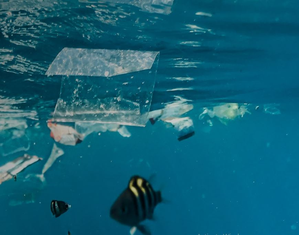Davos, Jan 24 (IANS) Even as plastic waste continues to pose an urgent global challenge, seven more countries have joined the fight against plastic pollution, taking the total to 25 at the recently concluded World Economic Forum’s annual meeting here.
The seven new countries — Angola, Bangladesh, Gabon, Guatemala, Kenya, Senegal, and Tanzania — will contribute to WEF’s Global Plastic Action Partnership (GPAP) by scaling up systemic plastic waste management solutions and fostering greater sustainability and climate resilience worldwide.
These will also drive systemic solutions to key challenges such as advancing sustainable materials, strengthening recycling systems, tackling greenhouse gas emissions, and more.
“Reaching this 25-nation milestone is not just a celebration of numbers, it’s a testament to the growing global determination to tackle one of the world’s most pressing challenges,” said Clemence Schmid, Director of GPAP, World Economic Forum.
“These partnerships are not just symbolic, they represent concrete commitments to rethinking how plastics are produced, managed, and reused. Together we are charting a path towards a circular plastics economy that benefits people and the planet,” Schmid added.
The GPAP has already mobilised $3.1 billion in investments, created safer jobs for informal waste workers, and supported countries in achieving measurable progress on sustainability and climate resilience.
About 6 million tonnes of plastic waste enters oceans each year and over twice that amount pollutes land, mismanaged plastic waste is severely disrupting ecosystems, harming biodiversity, and threatening human health and livelihoods across the world.
Besides curbing plastic pollution, GPAP also contributes significantly to climate change. Plastic pollution is responsible for an estimated 1.8 billion tonnes of greenhouse gas emissions annually.
GPAP’s systemic approach to waste management can drastically reduce landfill emissions such as methane — over 80 times more potent than CO2 in the short term. It aims to promote circular systems and to contribute to cutting emissions from the plastics sector while fostering economic growth through green jobs.
It also aims for creating circular solutions that could lead to 6 million jobs globally by 2030, with the plastics sector driving much of this transformation.
–IANS
rvt/


























